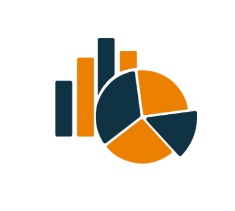
IPO or an Initial Public Offering is the first sale of a company’s equity to the public.
Fixed PriceIn a ‘Fixed Price’ shares are sold at a single price/fixed price. This price is determined by the company in advance, and you (the buyer) can buy the shares only at that decided price.E.g. If XYZ Industries Limited decides to make a public issue of 60,00,000 equity shares at a price of Rs. 15/- you can buy the share at Rs. 15/- and cannot ask for a price of Rs. 10/-
Book Building Issue‘Book Building’ is a price discovery mechanism used to determine the price of the security proposed to be issued. ‘Book Building Issue’ is generally used when the issuer doesn’t want to fix a certain price on the security. Here, unlike the ‘Fixed Price Issue’, you (the bidder) have the facility to bid for the shares within the given range/price band.E.g. If XYZ Industries Limited decides to make a public issue of 60,00,000 equity shares, it will, instead of a fixed price, announce the price band of Rs. 15/- to Rs. 18/-. You (the bidder) can then place your bids for the shares between this price band/range.
means an investor who applies or bids for securities of value not more than Rs. 2,00,000/-
means an investor who bids for an amount above Rs. 2,00,000/- and does not fall in the QIB category e.g. HNI investors.
You can apply in IPOs online through us, both ASBA and Non – ASBA options are available to you. Investing in IPOs through ASBA stands for Application Supported by Blocked Amount. Using ASBA, you can invest in public issues by authorizing the bank to block an amount equivalent to the application amount in the linked bank account. The application amount is not debited from the account but remains blocked till the completion of allotment process. On allotment, amount required will be debited from the bank account whereas in case of partial or no allotment, the amount unutilized due to non-allotment will be released.
 |
Pure Broking Pvt Ltd
All Rights Reserved. |